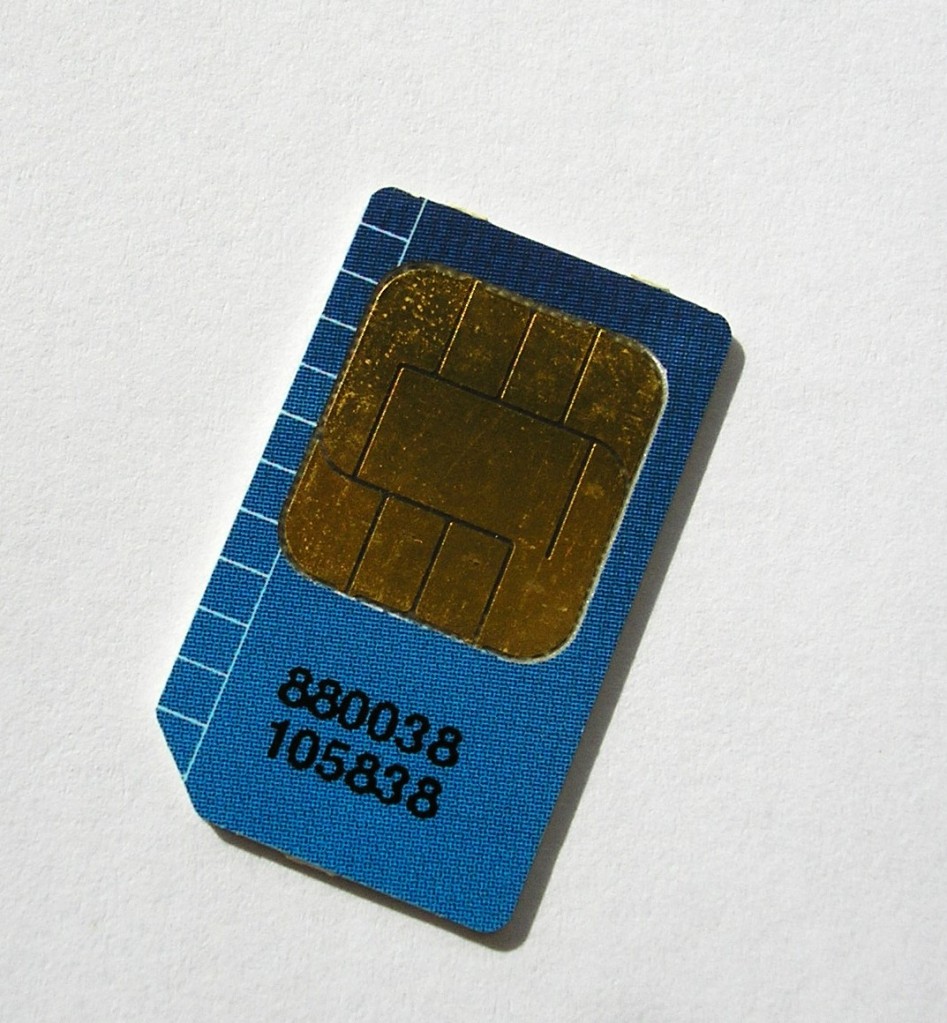14 May 2024 – Dr Sophie Louisa Bennett, PhD Conservation Biology (Lincoln 2016), MA Modern & Medieval Languages – German and Swedish (KC 1987, Cantab 2020), Diploma in Translation – German into English (City University/Institute of Linguists 1998)

They couldn’t tell her what the cause was, whether it was the implant that had failed first or the drugs. Either way, she could no longer function as she had previously and the old brain fog descended. She knew most members of the ‘Unimproved’, a sect dedicated to ‘natural lifespans’, suffered all their lives from such disadvantages. However, she resented no longer feeling she was at the top of her game – in work, love and life in general.
The sad fact was that a replacement implant was no longer possible. Too much additional risk to remaining original tissues. And too little incentive to restore someone as lowly and means-restricted now (she had been rather perturbed to read the ROI line in her health assessment), since the redundancy of her work unit through further innovation. Shutdowns were becoming more noticeable: in her case, there had also been an accident and some problems with the circuitry. It was not the case, as many had anticipated with the new regime, that there would be employment for all once the correct measures were in place. Despite strict laws against discrimination, an ancient charter was sometimes used to override the former.
Her best hope was that when the time came her memories and capabilities and personality type would be deemed so valuable that they would be transplanted into another. Either for enhancement purposes, or even replacement by official decree. Maybe if she was a good girl and repeated her Crick mantra regularly that would come true: “The soul has vanished”. She knew from other compulsory lessons and reading that she would more than likely be turned into some sort of automaton without much creativity, artistic imagination or intuition, but also without the susceptibility to love or hate.
One mediport she had consulted had informed her that she must now sort out her mental attitude. The best she could hope for would be a review of her daily medications and hopefully the issue of Soporifia would help quell all the emotional and physical pains that had ensued. As well as blocking the night terrors.
At least she had been allotted some vouchers for a Holo-deck journey or two. That was some compensation. A pacifier. Maybe she would visit the Pacific, or the Sea of Tranquility.
I wrote this for all sorts of reasons, not only current developments in robotics and AI and warnings from those within tech industries as well as those now from government, but also because of Huxley, Orwell, Wyndham and other fiction writers and programme-makers, maybe even Hawking, and, latterly non-fiction writers such as Fernandez-Armesto, who has an interesting take on evolution, culture and its ‘transmission’.
